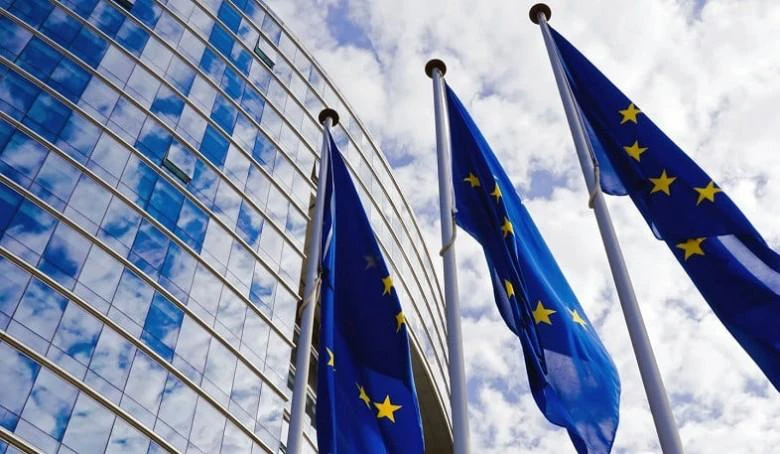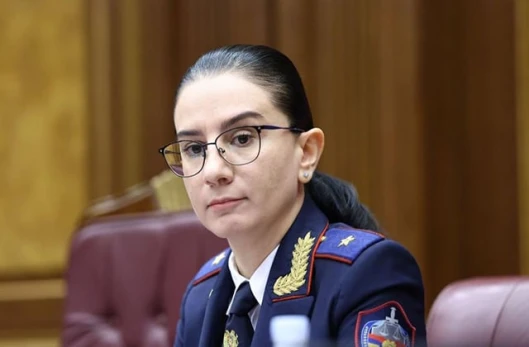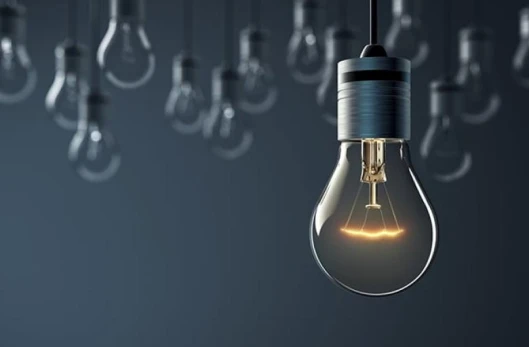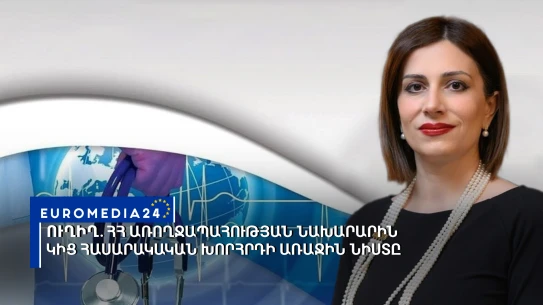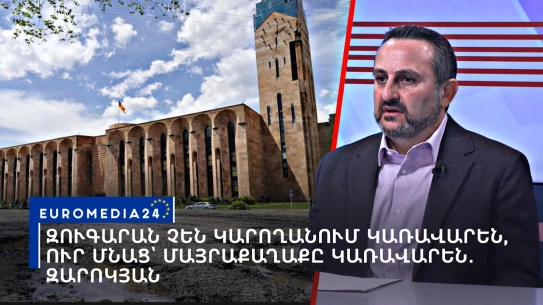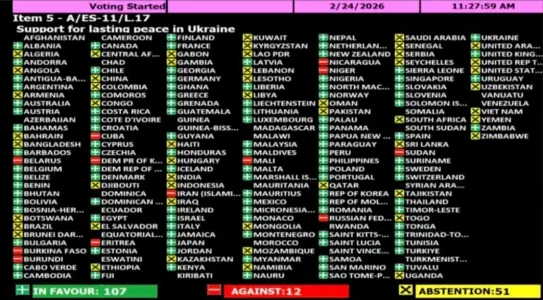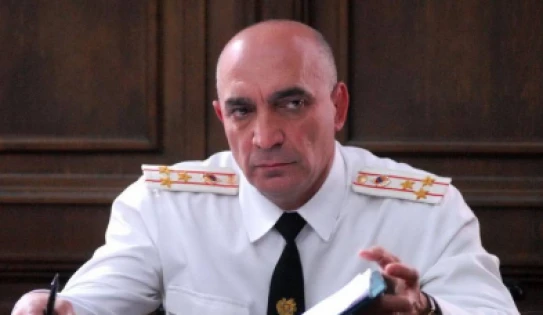"Fact" daily writes:
Integration processes are one of the characteristic aspects of modern international relations.
And, in general, modern challenges and conditions of cooperation require the combination of global and regional efforts.
That is why many unifying platforms provide an opportunity to solve various problems. For example, there are successful examples of integration associations on the economic platform.
The most prominent of those examples is the European Union, which managed to gather European countries under a common economic roof, many of which once had sharp conflicts with each other. But it is not the case that the EU platform is beneficial to all European countries.
For example, as a result of the Brexit referendum in 2016, Great Britain left the EU. And the main reason was that the EU restricts the independence of Great Britain. In recent years, many experts also observe the fact that along with the favorable conditions created by the EU, some problems arise in connection with bureaucratic processes and economic stagnation in the Eurozone.
And it is no coincidence that the countries included in the economic zone of the EU are significantly inferior to the USA in terms of economic growth and level of well-being, while years ago the EU and the USA were at almost the same starting point.
It is also no coincidence that Mario Draghi, the former president of the European Central Bank, states in his report that the EU must take steps to stimulate the economy in order to prevent its slow demise.
Along with all this, there are also internal disagreements within the EU on various issues, and it is not possible to reach a consensus.
In other words, the EU first faces internal problems, which it must solve, and then only think about expanding.
Despite this fact, the 27-member EU has not removed the expansion agenda from its agenda, which includes the countries of the post-Soviet area, including the South Caucasus.
In the 2023 enlargement package, the European Commission proposed to start membership negotiations with Ukraine and Moldova, and to grant Georgia the status of a candidate country, on the condition that the latter must take certain steps.
But, in general, starting negotiations on membership does not imply that membership will necessarily take place.
For example, Turkey is officially a candidate for EU membership in 1999. from December, and negotiations on full membership began in 2005. since October.
Until now, the negotiations are continuing, and it is still not considered realistic that Turkey will become a member of the EU.
The problem is that the West has set a direct task to prevent Ankara from leaning too far towards the East. The situation is the same in the case of Georgia.
For years, there has been talk about the prospect of Georgia's EU membership, but no practical steps have been taken in that direction.
The perspective of Georgia's EU membership is imagined by the West mainly in the context of pushing Russia out of the South Caucasus.
That is why Georgian Prime Minister Kobakhidze announces that Georgia has not suspended the EU membership process, but removed it from the agenda until 2028.
Moreover, he noted that Georgia refuses the budget grants and loans provided by the EU, as they are used to blackmail Georgia.
In other words, these funds are not actually provided to prepare Georgia for EU membership, but to push Tbilisi to take certain actions.
And Georgia does not want to turn into Ukraine. As for Armenia, despite the fact that our country is a member of the EAEU and receives benefits from this platform, the EU membership agenda is being promoted by some pro-Western circles.
There is even an initiative to hold a referendum on Armenia's EU membership, and a signature collection is being held for that purpose.
From the EU, through the spokesperson of foreign relations, Peter Stano, they announce that Armenia can submit an application for membership in the European Union.
But it is clear that the EU has not decided to include the countries of the South Caucasus in its membership, otherwise we would have seen a process of membership, at least in the case of Georgia.
The analysis shows that the South Caucasus is only considered as a buffer zone, on which the European influence, and more precisely, the interests, should be maintained, regardless of what kind of "Ukrainization" will happen with those countries.
In other words, the West is guided, so to speak, by the principle of "money from us, death from you".
ARTHUR KARAPETIAN
















